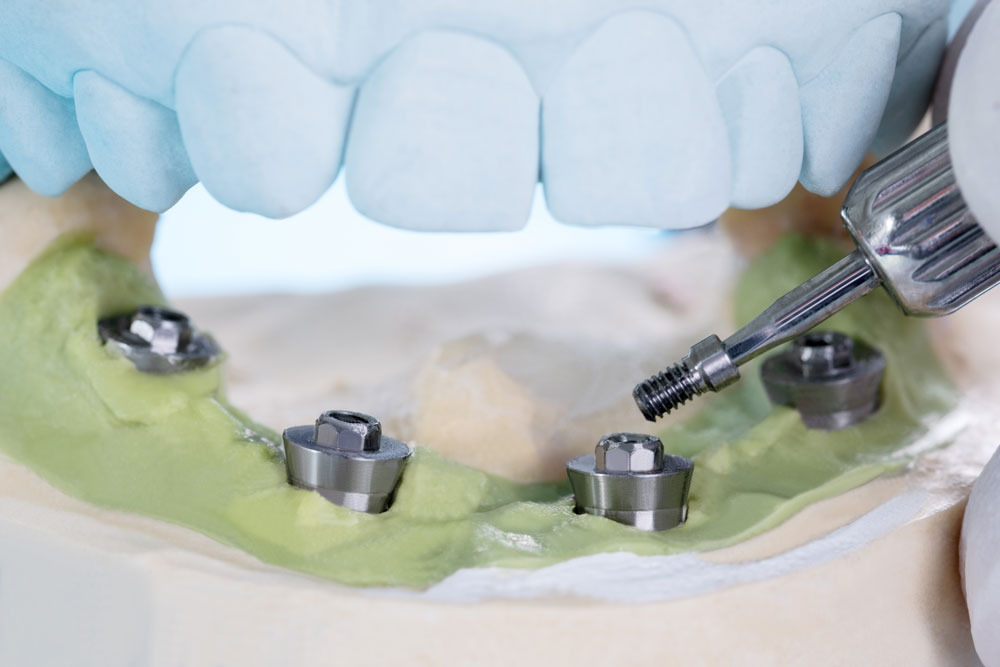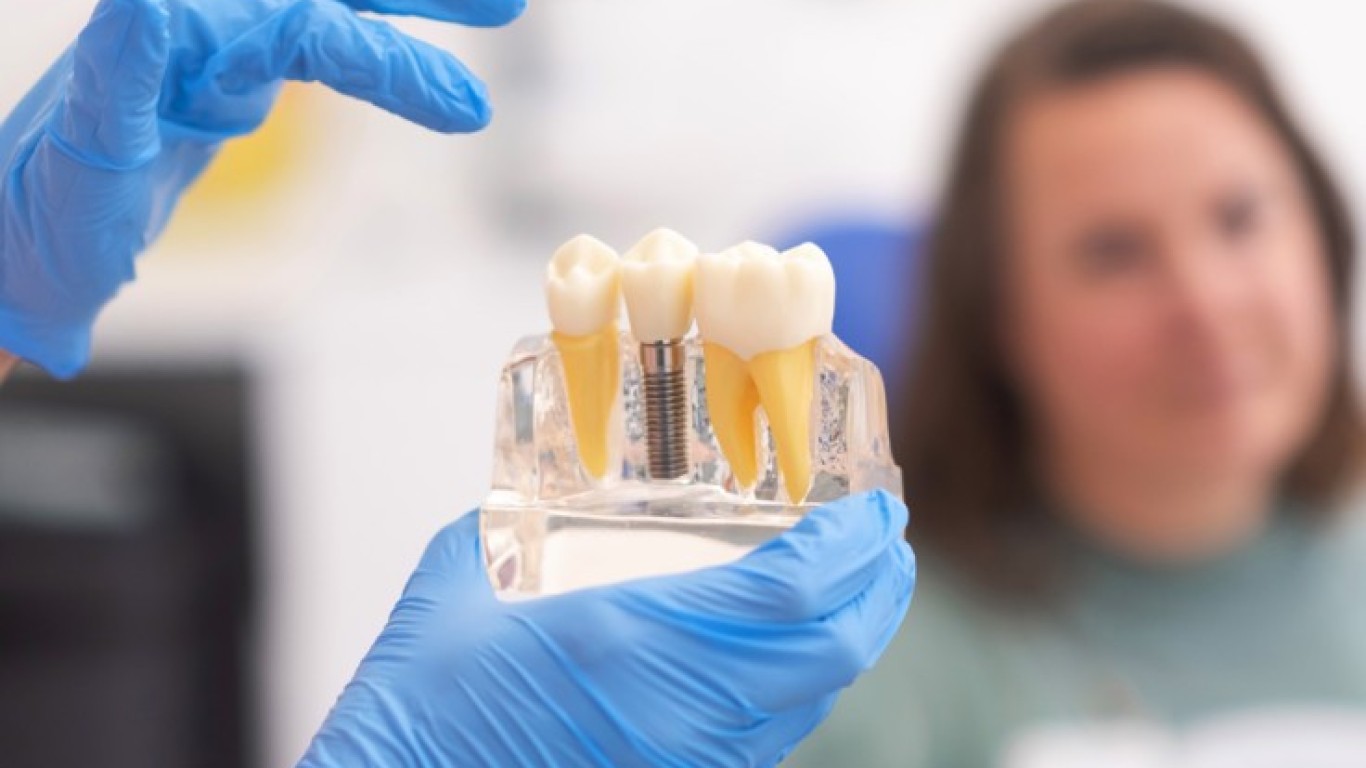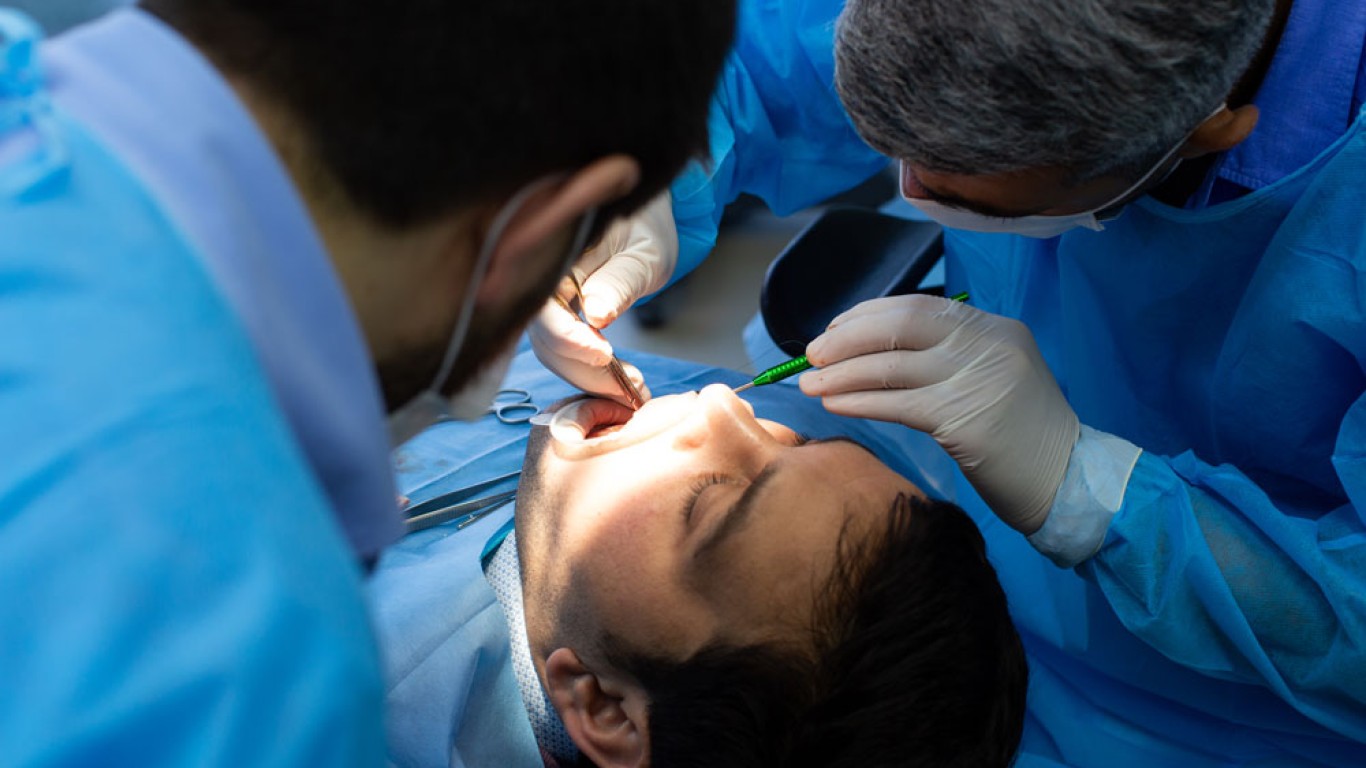Introduction
Dental implants have revolutionised restorative dentistry. They offer a durable and natural-looking solution for missing teeth. In essence, they not only restore function but also boost self-confidence. However, achieving success with dental implants requires careful planning, expert execution, and diligent aftercare. Moreover, following best practices can minimise complications and lead to long-term satisfaction. This guide presents the top 7 tips for dental implant success. By understanding these expert Dental implant success tips, you can make an informed decision and set realistic expectations for your treatment and recovery. Ultimately, a well-planned approach enhances both the aesthetic and functional outcomes of your implants.
Tip 1: Follow a Thorough Pre-Operative Evaluation
Firstly, a comprehensive pre-operative evaluation is essential. Your dentist or oral surgeon will assess your overall dental health and review your history. During this consultation, diagnostic tests such as X-rays or CT scans are often performed to determine bone density and jaw structure. These tests help in planning the precise placement of the implants.
- Digital Imaging: Advanced imaging techniques, including 3D modelling, provide a clear view of your oral anatomy.
- Health Optimisation: Your dentist may recommend treatments for any underlying conditions. Such as periodontal disease, to ensure a healthy foundation.
By following these pre-operative evaluations, you help create a solid plan that optimises the success of your dental implants.
Tip 2: Choose an Experienced Professional
Secondly, selecting a skilled and experienced implant specialist is crucial. A board-certified dental surgeon with extensive experience in implant procedures can make a difference. Their expertise ensures that the implants are placed precisely. Which is vital for both function and aesthetics.
- Research Credentials: Check the surgeon’s qualifications and track record.
- Patient Reviews: Reading testimonials and reviews provides insights into the outcomes achieved by the specialist.
In essence, a qualified professional increases your chances of long-term implant success. And, it minimises risks during surgery.
Tip 3: Understand Your Treatment Plan
Thirdly, having a clear understanding of your treatment plan is vital. During your consultation, your dental surgeon should explain every aspect of the procedure. Including the number of implants, the type of prosthesis, and the timeline for recovery.
- Customised Approach: Your treatment plan should be tailored to your specific needs and oral anatomy.
- Realistic Expectations: Discuss potential outcomes and any possible complications so you can set realistic goals.
By ensuring that you fully comprehend your treatment plan, you become an active participant in your care, which often leads to better outcomes.

Tip 4: Focus on Optimal Oral Hygiene
Fourthly, maintaining excellent oral hygiene before and after your dental implant procedure is critical. Good oral health ensures a healthy environment for the implant. This will help it integrate properly with your bone.
- Pre-Surgery Care: Your dentist may require a professional cleaning and may treat any infections before the procedure.
- Post-Surgery Hygiene: After the implants are placed, you will need to follow specific oral care routines to prevent peri-implantitis. This is a common complication that can lead to implant failure.
Moreover, use an antimicrobial mouth rinse as directed. Brush gently with a soft-bristled toothbrush helps maintain cleanliness and prevent bacterial buildup. In short, diligent oral hygiene is a cornerstone of implant success.
Tip 5: Adhere to a Strict Post-Operative Care Regimen
Fifth, post-operative care is as important as the surgery itself. Immediately following your procedure, your dentist will provide detailed instructions on how to care for your implants. This includes managing pain, controlling swelling, and preventing infection.
- Pain Management: Take all prescribed medications on schedule to minimise discomfort.
- Dietary Guidelines: Stick to a soft food diet initially. Avoid hot or spicy foods that could irritate the surgical site.
Additionally, avoid smoking and limit alcohol intake during recovery. These can impair healing. In essence, following your post-operative care regimen diligently will promote faster recovery. It will improve the longevity of your implants.
Tip 6: Gradually Reintroduce Activity and Maintain a Healthy Diet
Sixth, a gradual return to normal activities supports long-term success. After the initial healing phase, your dentist will likely advise you to slowly resume physical activity. Light exercise improves blood circulation. This aids in tissue repair and overall healing.
- Dietary Support: Alongside physical activity, maintain a nutritious diet rich in vitamins and minerals. Foods high in protein support tissue repair and strengthen the immune system.
- Hydration: Aim to drink at least eight glasses of water per day. Keep your body well-hydrated to promote healing.
By balancing gentle physical activity with a healthy diet, you can ensure that your body remains in peak condition, thereby contributing to the stability and durability of your implants.
Tip 7: Attend Regular Follow-Up Appointments
Lastly, regular follow-up appointments are essential for monitoring the progress of your dental implants. These check-ups allow your dentist to assess how well the implants are integrating. They will detect any early signs of complications.
- Monitoring: Regular appointments help ensure that the implant is healing correctly and that any issues are addressed promptly.
- Adjustments: If any problems arise, your dentist can make timely adjustments to your care plan.
In essence, consistent follow-up care is a critical factor to achieve long-term success with dental implants.
Conclusion
To summarise, successful dental implant outcomes rely on a comprehensive and proactive approach. The top 7 dental implant success tips include a thorough pre-operative evaluation. Also selecting an experienced professional, and understanding your treatment plan. Additionally, optimal oral hygiene, strict adherence to post-operative care, a balanced diet with gradual reintroduction of activity, and regular follow-up appointments are essential.
By following these guidelines, you can improve your results. You can achieve natural-looking, long-lasting dental implant results. Ultimately, making an informed decision and committing to a disciplined care plan will not only enhance your appearance but also boost your overall oral health and self-confidence.
For more information on dental implants and to book a consultation visit the ACIBADEM Beauty Center Dental Implant webpage.
Frequently Asked Questions
A comprehensive medical evaluation and a customised treatment plan are critical.
Expert surgeons ensure precise implant placement, reducing the risk of complications.
Maintaining excellent oral hygiene prevents infections and supports healthy integration.
Diligent care, including pain management and dietary guidelines, accelerates healing.
Regular check-ups monitor healing progress and allow early intervention if issues arise.














